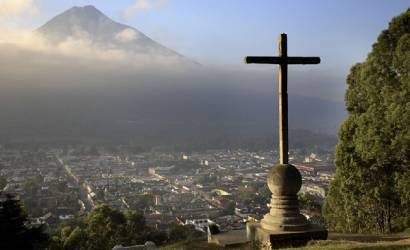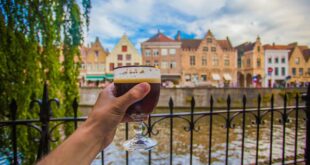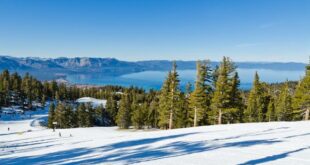The Foreign & Commonwealth Office has changed its travel advice to Nicaragua, no longer advising against all but essential travel to the country, and instead advising visitors to exercise a high degree of caution.
In 2017, Nicaragua welcomed a 19 per cent increase in international travellers, attracting visitors seeking an alluring mix of nature, and exotic beaches as well as Spanish and British colonial heritage
In 2018 however, tourism to Nicaragua slowed down due to unrest and a change in FCO guidelines.
As the situation improves, the FCO relaxed its guidelines enabling tour operators and travellers to return to the country and paving a way towards tourism recovery for the Central American nation.
Colin Stewart, chairman of the Latin American Travel Association, said: “Nicaragua has a diverse tourism offering blending volcanic landscapes with Spanish and British colonial architecture, remote islands, Pacific and Caribbean beaches and pristine rainforests making it a top destination for intrepid travellers.
“At LATA, while we would urge travellers to follow FCO advice, we feel confident that this change in guidelines will help put the destination back on the map and encourage renewed tourism growth, thus benefitting travellers and the local Nicaraguan travel industry.”
LATA continues to monitor the situation in Nicaragua and works closely with the Nicaraguan Tourist Board as well as accredited travel companies operating in the region to provide up-to-date information on the current travel situation.
Minister of tourism of Nicaragua, Anasha Campbell, added: “Nicaragua, located in the heart of the Americas, is a destination bursting with the rich culture of its multilingual and multi-ethnic communities, with their exquisite gastronomy and seductive music, traditions and colours.
“Our biggest asset are our charming and hardworking people, who welcome British travellers with warm and open arms, inviting them to discover the breath-taking geography, with unspoilt beaches, tropical forests, lakes, lagoons and millenary volcanoes, with exuberant flora and fauna, where caring for nature, conscious and sustainable travel underpin our ecotourism practices.”
You can read more of the news on source
 Travelsmart
Travelsmart



